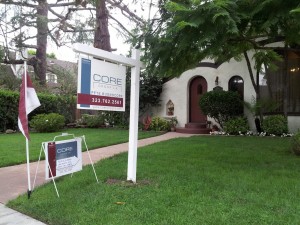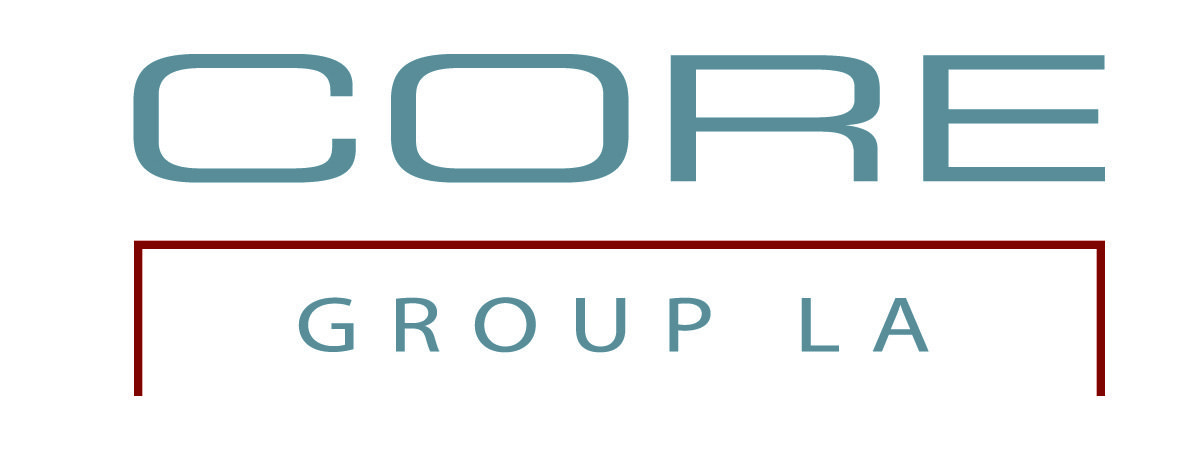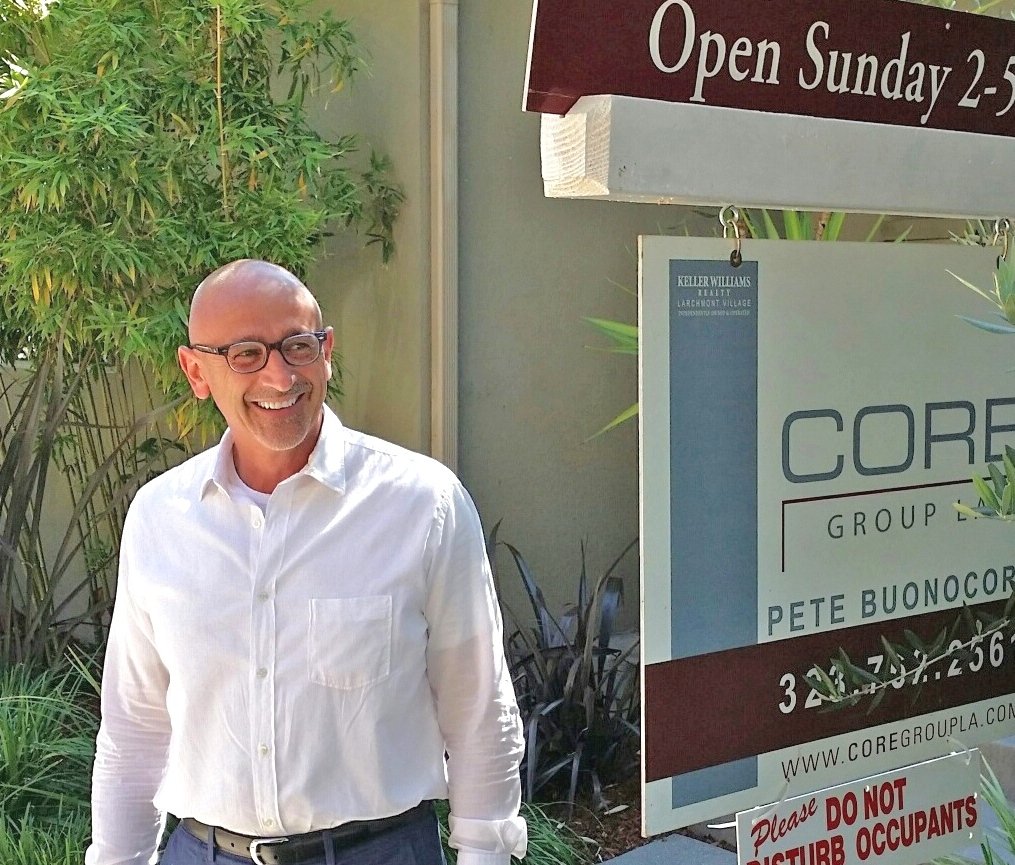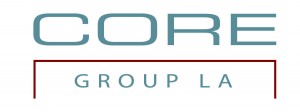 FROM REALTOR.COM: Have you ever wondered “How much is my house worth?”? If you’re hoping to sell your home, knowing your property’s value is essential for pricing it right to make buyers bite. Or, maybe you don’t want to sell your home right now, but are just curious whether your real estate investment has risen in value (which would merit some much-deserved back-patting).
FROM REALTOR.COM: Have you ever wondered “How much is my house worth?”? If you’re hoping to sell your home, knowing your property’s value is essential for pricing it right to make buyers bite. Or, maybe you don’t want to sell your home right now, but are just curious whether your real estate investment has risen in value (which would merit some much-deserved back-patting).
In either case, having an accurate grasp of your home’s estimated market value can come in handy. And there are a variety of ways to do that, many of which are free and easily within reach online. Here’s how to find that magic number, and why having an accurate estimate matters whether you want to sell your home or own it for the long haul.
How real estate experts determine their own home value estimates
Real estate agents specialize in answering the question “what is my home worth?” for their clients, which they do by running a comparative market analysis. This process involves finding similar properties (“comps”) that sold within the past 90 days.
The most accurate comp is a home that’s nearby, similar to yours in square footage, and has the same number of bedrooms and bathrooms. (Ideally, the lot size is also equivalent, but that’s more important in rural areas, where homes are set on multiple acres.) Once your agent finds a few comps, then she averages those figures to come up with a baseline of your own home value.
“You should always look at the sale prices of other listings in your community,” says Chris Dossman, a real estate agent with Century 21 Scheetz in Indianapolis.
For instance, “if your neighbor’s home is listed for $400,000 and you
want to list yours at $500,000, you’d better be able to clearly explain the difference to prospective buyers.” Or else adjust your number accordingly.
What is my home value to a buyer?
Sellers need to consider how home buyers search for properties online. Let’s assume your home’s fair market value is $503,000. Yet Dossman points out that many people search for homes on the web using $20,000 or $25,000 increments. The upshot? Listing your home for $503,000 could prevent your listing from being seen by buyers who are searching for homes in the $475,000 to $500,000 bracket, so asking for $500,000 might generate more traffic—and maybe even a bidding war to push that final number well above your expectations.
Also, avoid listing your home at an odd dollar figure (e.g., $999,000 instead of $1 million). While retailers and as-seen-on-TV purveyors of the Miracle Mop effectively present product prices ending in $0.95 or $0.99, Dossman says the same approach doesn’t apply to real estate.
“It’s hard to justify awkward pricing,” Dossman adds. “It’s just confusing to buyers.”
Try to remain objective
“Sellers always think that their home is worth more than it is, because of their personal attachment,” says Dossman.
Indeed, it’s hard to boil down years or decades of memories in a home to a number. It’s also hard to accept that your home is worth less than what you paid for it, or that you can’t just tack on the full dollar amount of the renovations you’ve made. On average, renovations will reap you only a 64% return on investment, although that varies based on the type of upgrades you’ve made.
Why it’s important to know how much your house is worth
 Estimate your home’s value as too high, and it could wind up sitting on the market. That’s a big problem, because a property that goes unsold for an extended period of time (e.g., more than 30 days) often becomes stigmatized.
Estimate your home’s value as too high, and it could wind up sitting on the market. That’s a big problem, because a property that goes unsold for an extended period of time (e.g., more than 30 days) often becomes stigmatized.
“Buyers get suspicious when they see a house that’s been on the market for a while,” says Dossman. “They think that something is wrong with the home.”
If that’s the case, the seller may have to make a significant number reduction—sometimes dropping the number below market value—in order to nab a buyer.
Pricing your home below market value in an attempt to stir up interest and generate multiple bids can also backfire. Granted, that strategy could work in a hot seller’s market, but underpricing your home frequently leads buyers to assume that your home is worth only its list price, says Dossman.
Your best bet: Know what your home is worth, and list your home close to that figure—aka its market value. When in doubt, turn to your real estate agent to help you cut through the haze and help you pinpoint the right price.
WRITTEN BY DANIEL BORTZ FOR REALTOR.COM
Photo by Sharon McCutcheon on Unsplash




